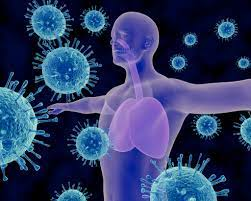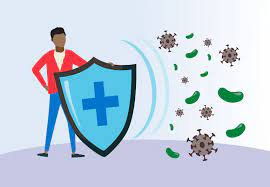The immune system is made up of cells which are capable of recognizing and acting upon a variety of different viruses, bacteria, fungi, and other organisms. The cells have the ability to grow in a very healthy environment, but once they begin to grow they stop recognizing and acting upon the invaders. This is known as passive immunity, which means that the body can not actively fight off disease or illness. Some forms of cancer have been blamed on this fact. However, the key players in fighting off the illness are the cells and the tissues.

The immune system not only recognizes the pathogens, it also has to be able to lock onto and destroy these pathogens once they enter the body. Therefore, we need to know how we are supposed to make antibodies. We make antibodies when we get sick, as part of the body’s defense against illness. These antibodies, usually white blood cells, go into the blood to fight against the pathogens. When we are sick, the antibodies will turn against the illness and start making antibodies to attack the pathogens. For details on how TQT Studies can help further science and medicine, go to Richmond Pharmacology

To make sure that the body is able to successfully fight off germs, it must be able to lock onto these germs and destroy them. To do this, white blood cells called b lymphocytes need to be present. B lymphocytes are cells found in the blood and are needed by the body to produce antibodies. If there is not enough of these cells present in the body, the immune system is unable to destroy the germs that cause illnesses.

